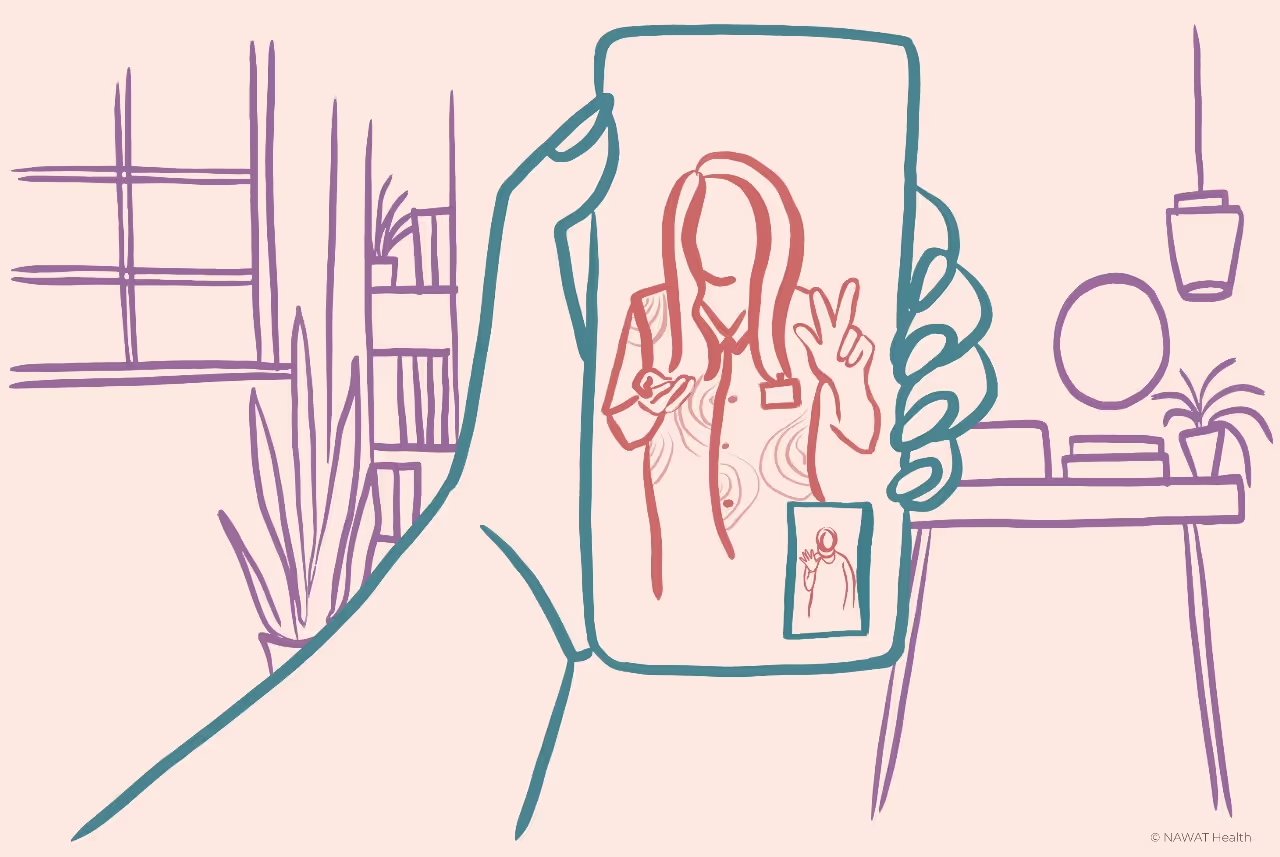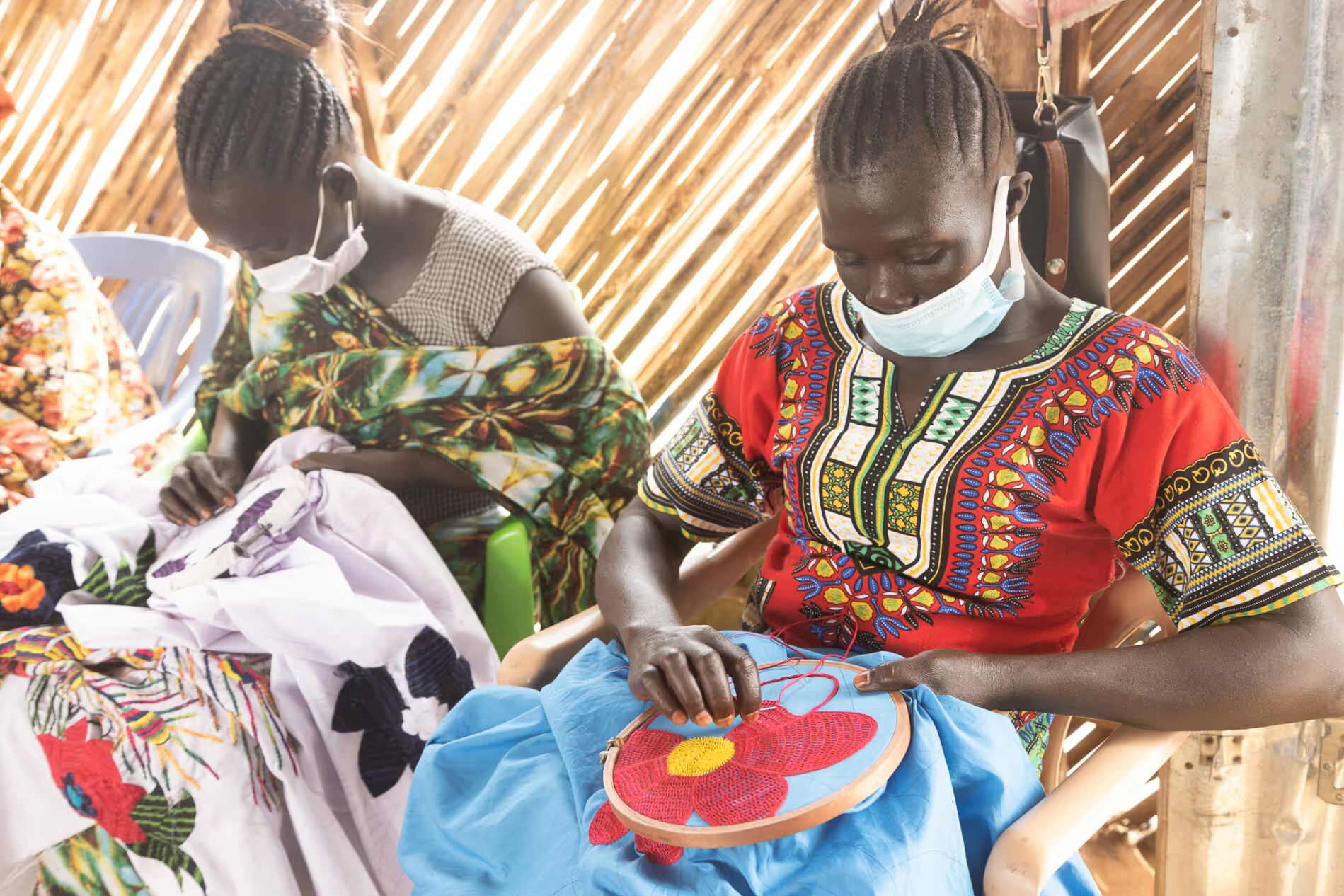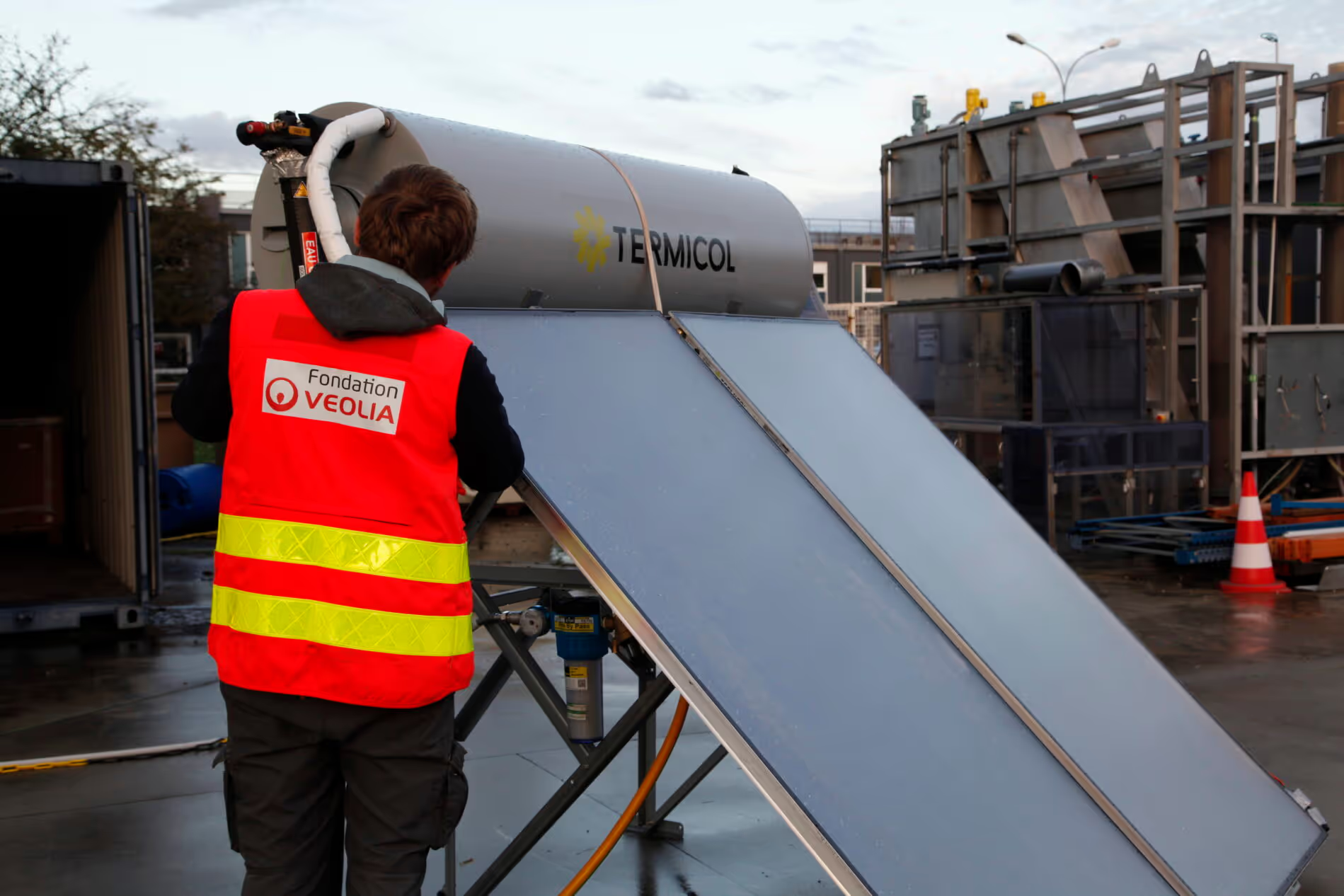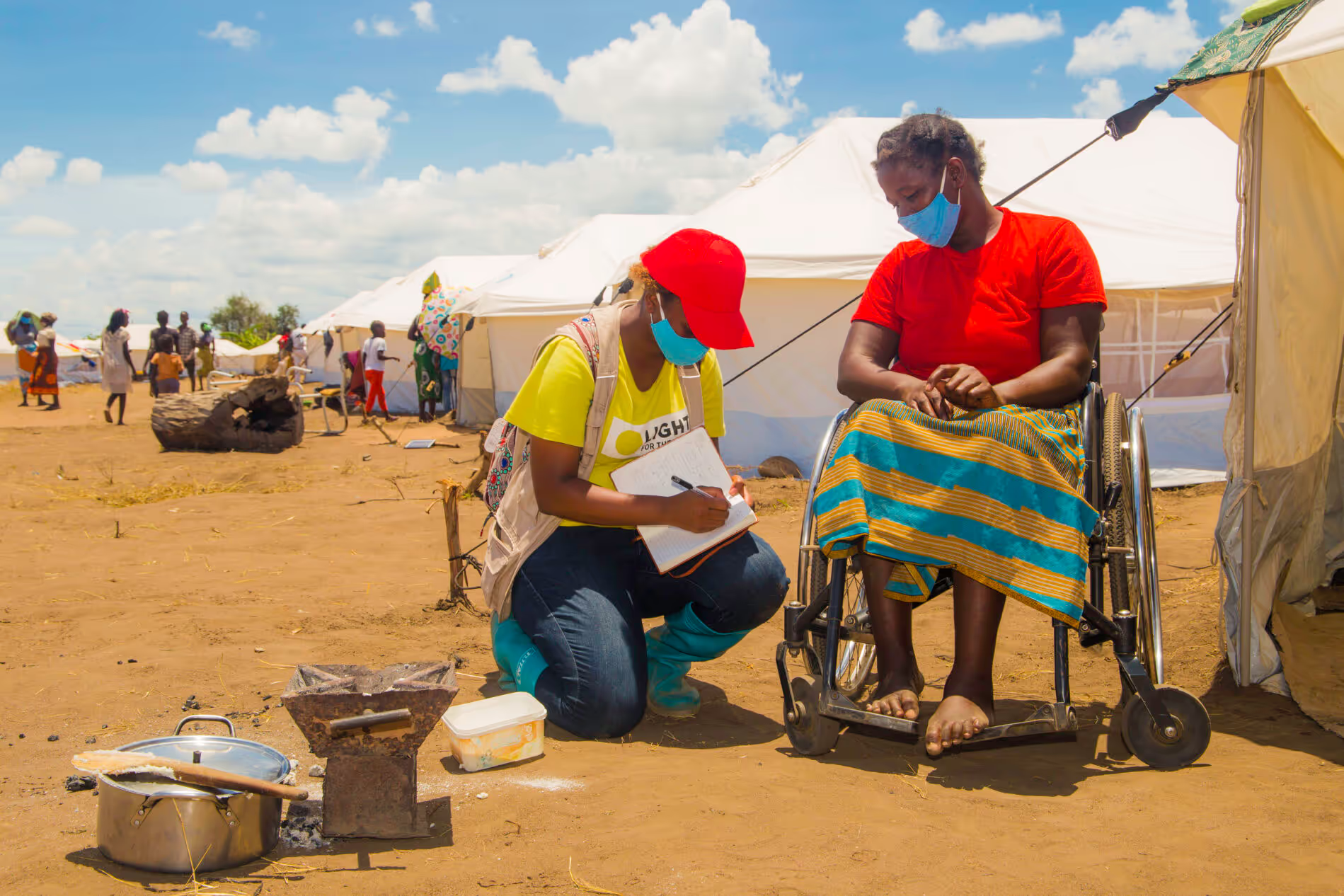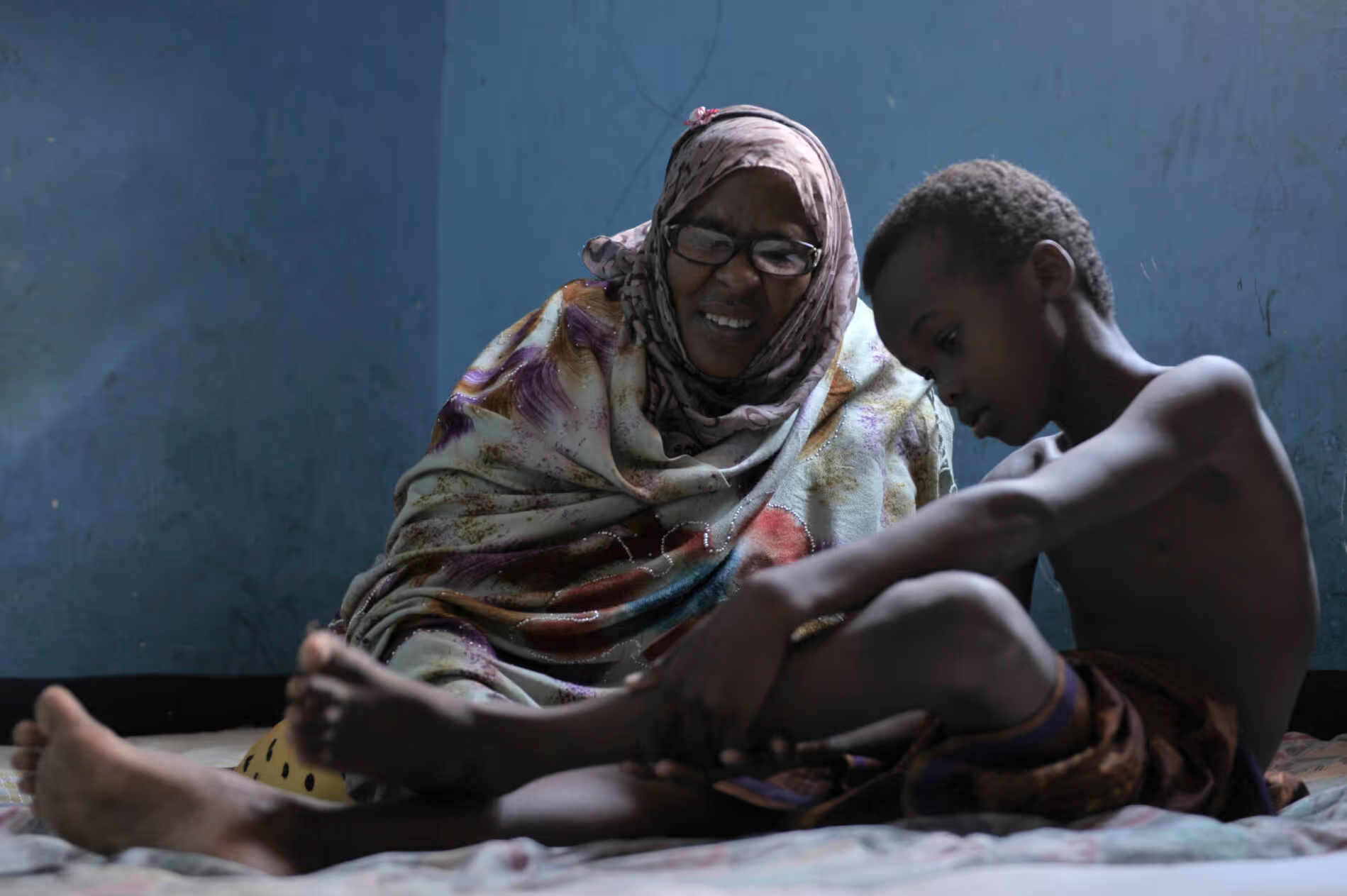Older Refugees and Refugees with Disabilities as MHPSS Co-Researchers
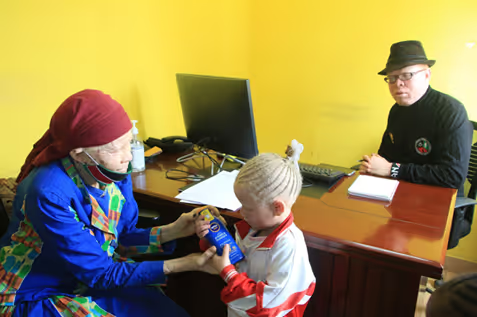
Project overview
Amref International University, the Albinism Society of Kenya, HelpAge International Kenya, and the University of Nebraska-Lincoln are partnering with older refugees and refugees with disabilities to develop/pilot an interactive mental health and psychosocial support (MHPSS) toolkit to enhance older persons' and persons with disabilities' inclusion in humanitarian contexts.
Project solution
This project offers [specific solution or intervention] to tackle [challenge]. By implementing [strategies, tools, or innovations], the project aims to achieve [desired outcomes]. The approach is designed to [specific actions or methods] to bring about meaningful change in [community, region, or issue area].
Expected outcomes
This project aims to achieve [specific outcomes], such as [measurable results, improvements, or changes]. The expected impact includes [benefits to the target community, advancements in research or innovation, or long-term effects]. By the end of the project, we anticipate [specific changes or milestones] that will contribute to [broader goals or objectives].
What is the humanitarian need?
Many mental health and psychosocial support (MHPSS) programming and policies exist to address the social and emotional repercussions of disaster, conflict, and forced migration. Yet, older people and people with disabilities still have limited access to wellness-promoting interventions in humanitarian settings. Historically, they have either been neglected in humanitarian response or have been treated as passive recipients of specialized services. There is currently limited evidence for how to enhance inclusion and decision-making of older people and people with disabilities in humanitarian MHPSS research, practice, and policy.
What is the innovative solution?
We propose to co-develop and test a methodologically flexible, interactive MHPSS toolkit in partnership with older refugees and refugees with disabilities as co-researchers using a participatory action research (PAR) approach. Humanitarian actors rely on evidence to guide decision-making. Yet, older people and people with disabilities can be difficult to reach during assessment and evaluation data collection. Moreover, there is limited advice on how to ethically engage these diverse and marginalised groups in data collection. The toolkit – tentatively called “HESHIMA: A Guide to Collaborative and Inclusive Health Research in Humanitarian Settings” will address these challenges by providing guidance on research ethics, building partnerships with older people and people with disabilities, adaptation of recruitment, data collection and dissemination strategies to enhance inclusion. Importantly, this strategy has the potential to address both MPHSS research processes and outcomes, equipping humanitarian actors, older people, and people with disabilities with evidence to advocate for lasting solutions. ‘Heshima’ is Kiswahili for ‘respect’ or ‘dignity,’ and we seek to promote these through our toolkit. Indeed, as an acronym, HESHIMA is our anchoring keystone for inclusion and equity: Honouring Experiences and Shared Humanity in Mobilising for Action."
What are the expected outcomes?
We anticipate the following primary outcomes from this project:
- A documentation of how older people and people with disabilities themselves conceptualize meaningful inclusion in humanitarian response;
- An interactive toolkit on inclusive research via guidance on research ethics with older people and people with disabilities, adapted recruitment and data collection strategies, partnership building, and dissemination;
- Practical guidance for on the development of community-academic partnerships for humanitarian inclusion;
- Actionable data to inform MHPSS programming, advocacy efforts, and policy development.
Project delivery & updates
Stay up to date with the latest developments from this project. Here, you will find details on what has been delivered, resources created, and regular updates as the project progresses. Access key documents, reports, and other materials to see how the project is making an impact.

